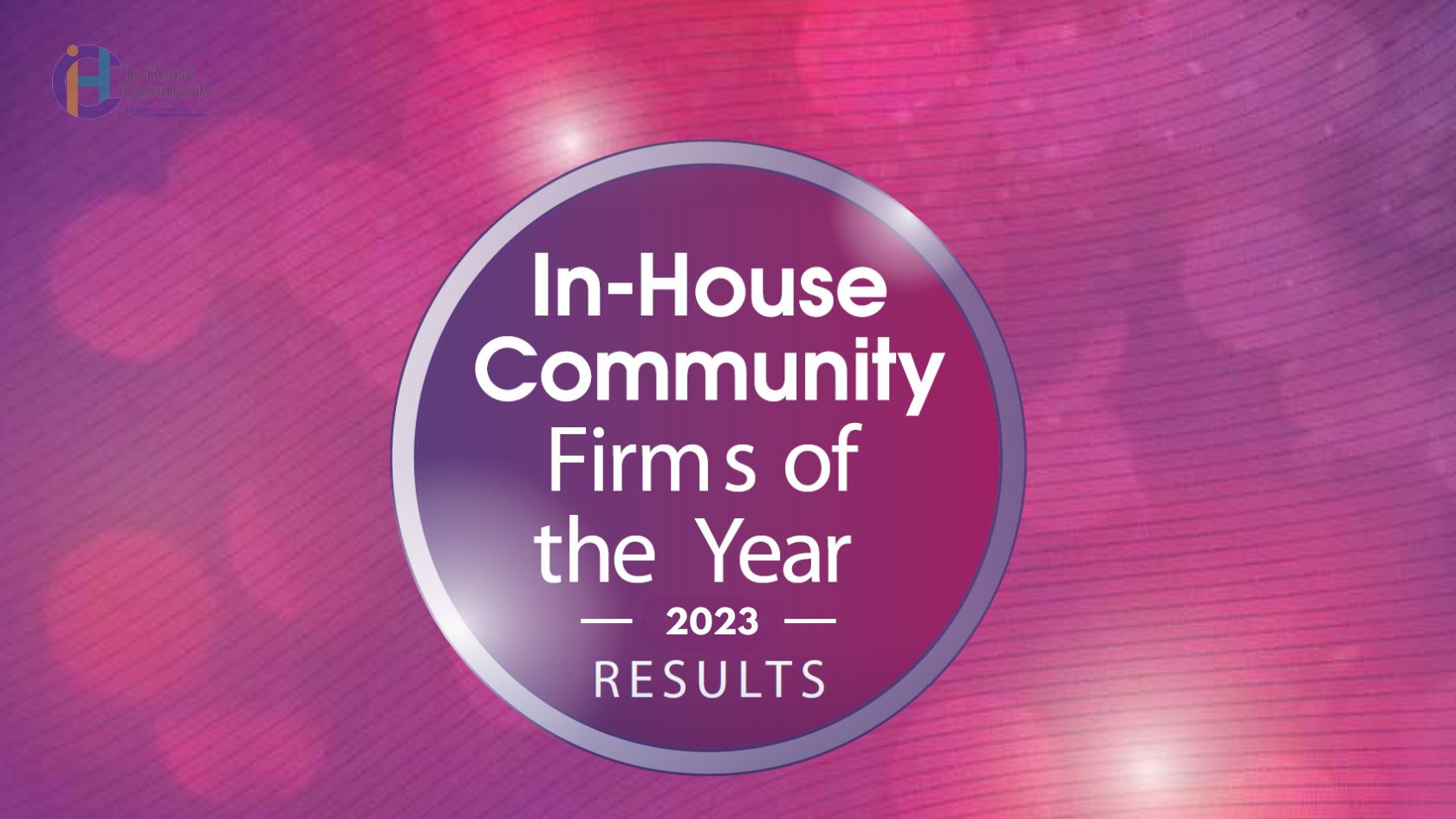On solid ground
Posted on June 17, 2011
|
HSBC Japan head of legal Michael Hancock discusses his path to the top, and the evolution of the in-house role in Japan.
Asian-Counsel: How did your career lead you to your current role as head of legal at HSBC in Japan?
Michael Hancock: I started out as a litigation lawyer with Lovells in London and was transferred to the Hong Kong office in 1988. The office was comparatively small and so the work diet was very varied, much more so than it would have been in London. After four fabulous years in Hong Kong I was returned to London and subsequently seconded for 6 months to Standard Chartered Bank where I gained invaluable insights on the in-house role in a major international company. Looking back this clearly had more impact on shaping my later career than I realised at the time. I then transferred to Japan where I worked both in the Lovells’ office and on secondment at the trading company Nissho Iwai (now Sojitz) where I switched to projects and banking work and developed my Japanese. My slightly eclectic career path provided a lot of core skills that are essential in the in-house legal role.
AC: What do you think those core skills are?
MH: The in-house lawyer is first and foremost a lawyer, so solid legal training and well-honed legal skills are critical. Having lived and worked in three very different jurisdictions as well as being on secondment to two major clients gave me a very broad appreciation of legal issues. HSBC’s ‘legal department strap-line’ is ‘Facilitating Business, Managing Legal Risk’ from which it is clear that a deep interest in the business itself is critical. My transactional experience had helped to foster a keen desire to know more about what factors impacted the analysis of business opportunity in the context of the perceived risk matrix, and especially legal risk.
|

AC: Was the transition from law firm to bank difficult?
MH: I joined HSBC in May 2005 after essentially twenty years in one organisation and so there was a challenging transition period. In large organisations having a personal network of contacts through which to ensure access to the right people and information when needed is crucial. I basically had to build this network from scratch. Luckily, my new bosses in Japan along with senior legal management in Hong Kong and London went out of their way to make this easier for me.
AC: How has the in-house role evolved during your years in practice?
MH: I qualified in the mid Eighties, which was a time a fundamental change for the whole legal profession, including the still nascent in-house legal role. Stories abounded of young banking lawyers going off to work for the newly arrived US banks and doubling their salaries. Interestingly, changes in the legal profession in Japan in the last five years or so have mirrored much of what happened in England twenty years ago. The commercial law firms here have rapidly expanded, as indeed have the number of newly admitted lawyers (bengoshi) and this is leading to increased legal specialisation and sophistication within the law firms but also to an increasing number of bengoshi looking to move in-house. This is a very healthy development.
AC: Do you utilise external legal counsel?
MH: Every in-house legal function has to undertake a cost analysis with management and key clients to work out what size of in-house legal function is required (which is essentially a fixed cost) and what type of matters will be referred to external counsel. In this sense, external counsel are a form of outsourcing to help manage unusually heavy periods of work or complex matters. We operate a panel law firm approach, so that work can be outsourced to pre-approved firms who are familiar with our requirements, especially our desire to get good value for money – which has heightened importance in the current climate! AC
|
| IN-HOUSE OPINION: If you are an in-house counsel and you have a comment or an opinion you’d like to share either on this article or its subject matter, contact us at: inhouse@inhousecommunity.com with the article title in the subject line, stating clearly if you wish your comments to remain ‘Private’ or ‘Anonymous’. |
Related Articles by Jurisdiction












